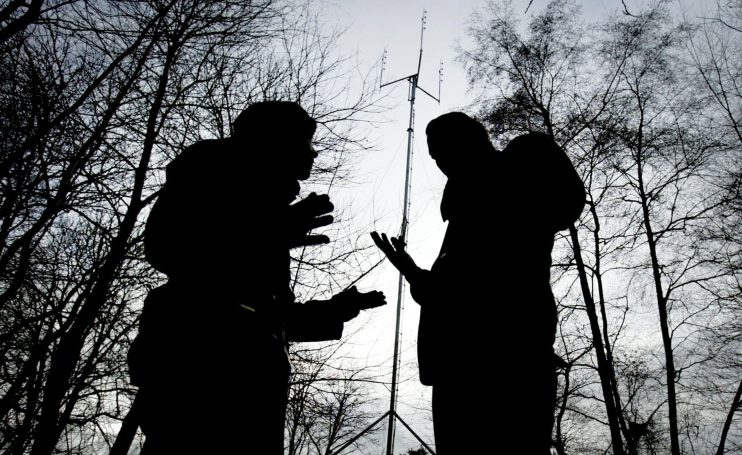Mobile providers ‘marking their own homework’ over network coverage

Millions of mobile users across the UK may not be receiving the coverage they are paying for due to failings by network providers, a new report has warned.
The Local Government Association (LGA) today warned of weaknesses in so-called coverage checker websites, which use computer modelling to predict mobile signal strength.
Read more: Ofcom to ban firms from selling locked mobile phones
The lobby group said that these sites were not based on the real-life experiences of phone users and were therefore sometimes inaccurate.
Many consumers use coverage checker sites to decide which phone contract to buy.
The LGA highlighted 28 areas in Shropshire and at least 20 in Cambridgeshire and Peterborough where operators’ coverage claims failed to match reality.
It comes amid increased scrutiny over the quality of network coverage in the UK, with many rural areas plagued by so-called signal not-spots.
The government has committed to signing a new deal with mobile operators within 100 days to help improve the country’s mobile network.
The Rural Shared Network will commit big four operators EE, Vodafone, Three and O2 to pooling their resources to hit 95 per cent coverage by 2025.
But the LGA warned that mobile providers cannot be held to account over this pledge without an accurate picture of mobile coverage on the ground.
“By relying solely on operators’ own computer modelling rather than on the ground testing, the government and Ofcom are at risk of letting operators mark their own homework,” it said.
The group called for Ofcom to be granted powers to independently verify coverage, with local areas given annual speed and reliability health checks using on-the-ground testing.
Read more: UK mobile network operators reveal plan to end rural not-spots
“The industry’s proposal to increase mobile coverage across local areas is a positive step. However, we know that the way mobile operators and Ofcom measure outdoor coverage does not account for real life experience,” said Kevin Bentley, chairman of the LGA’s people and places board.
“Like housing, education and transport provision, digital connectivity is central to thriving communities – with millions of people relying on mobile coverage every day, including businesses and our most vulnerable. It is important our communities are not cut off from the digital age.”